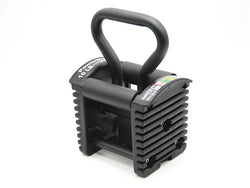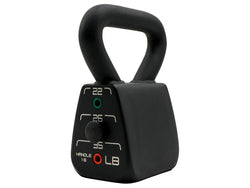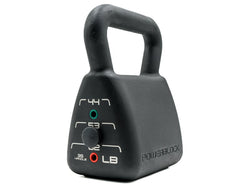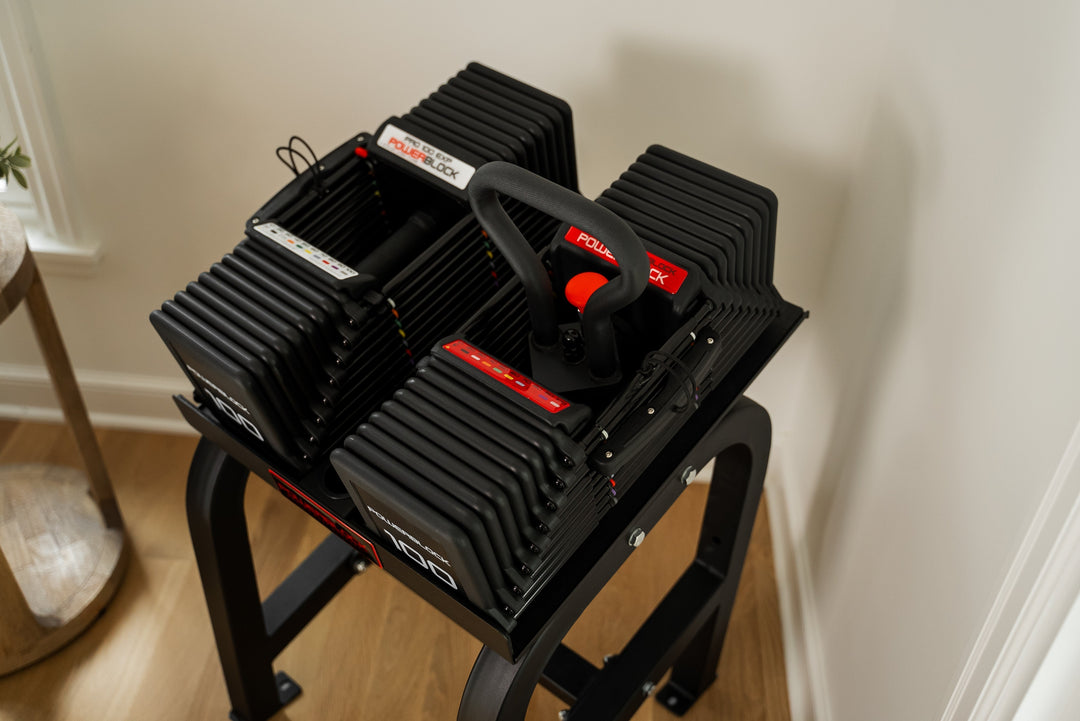For some, the primary motivation for starting their fitness journey is to undergo a weight loss transformation. For others, they want to gain weight. Finding the balance between diet and exercise is essential to help you reach your goals.

Where to Start
Getting started is the first and hardest step to take. It requires time and, most importantly, change.
Time
The reason time is marked as part of the first step is because of what you have to learn and apply to your life before even implementing any fitness-related steps. You’ll need to understand how much time you have per week to dedicate to meal preparation, weight training, and cardio.
Meal Preparation
Whether you’re on a fat-loss journey or a muscle-gaining journey, meal preparation is going to be a must for you to reach your goals. Here are some quick tips to get you started
-
Know Your Daily Protein Goal: To lose fat, consume 1g of protein per pound of target body weight. For example, if you weigh 180lbs and aim for 140lbs, eat 140g of protein daily. To gain muscle, consume 1g of protein per pound of target body weight. So, a 140lb individual aiming for 180lbs should consume 180g of protein.
-
Understand Macro Nutrients and the Calories Behind Them: Protein, carbs, and fats are essential macronutrients, each with a crucial role in muscle development, retention, and recovery. Protein and carbs provide 4 calories per gram, while fats offer 9 calories per gram. Numerous online resources can help you calculate your optimal caloric intake based on your goals.
-
Spreading Out Your Meals: Break down your day into 3-6 meals. High-protein, high-fiber snacks can curb cravings.
-
Fill In Your Meals: For your meals, fill them in with veggies or fruit to help keep you feeling fuller longer. Both fruits and vegetables are high in fiber, which slows down the digestive system.
Calorie Intake Calculators
There are numerous online resources available to help you determine your daily caloric intake based on your level of activity. This will give you an approximate daily goal for maintaining weight.
For Weight Loss
If your goal is to lose weight, you should be eating in a caloric deficit. Meaning that you’re burning more calories than you’re taking in daily. With this, do not go overboard. Using the calculators online to find your approximate daily caloric intake, take away a few hundred calories. This will make your weight loss sustainable and easier to stay on your plan.
For Weight Gain
To gain muscle, eat in a caloric surplus (more calories consumed than burned). After determining your daily caloric intake, add a few hundred calories. Prioritize protein to promote muscle gain over body fat.
Exercise
The other piece that goes into the time category is exercise. Whether it’s weight training or cardio, you need to set time aside to perform these activities.
Weight training
Whether you’re looking to gain muscle or lose body fat, weight training is a must. Weight training with heavier weights has been shown to burn more calories over time. This will help deepen the caloric deficit you’re in. If you’re goal is to gain muscle, weight training with heavy weights provides the stimulus your muscles need to grow. The calories you take in help your muscles recover and grow.
Cardio
Cardio in general is great for overall health. It helps increase your body's ability to use oxygen, making recovery between sets in your weight training sessions easier. For those looking to lose weight, cardio is another tool for individuals to deepen their caloric deficit.

Change
Change is something that almost every person struggles with. In general, we’re creatures of habit; we like what we like and don’t like what we don’t like. For instance, you may prefer Coca-Cola over Pepsi, or vice versa. If you go to a restaurant that has one you don’t like, you might be a little irritated. Now imagine you could only get the one you don’t like wherever you go, sounds frustrating? This is all pointing to the fact that change is hard and uncomfortable.
How to Embrace Change
When starting your fitness journey, you’re inevitably going to have to change. Change your diet, change your activity level, and change your lifestyle.
Change Your Diet
Changing your diet doesn’t have to be as drastic as you think. To lose weight, prepare restaurant-style meals at home, staying within caloric goals. For muscle gain, opt for healthier, calorie-dense homemade meals.
Change your Activity Level
For both goals, you need to move. Having a combination of strength training and cardio will help you reach them. Go for 3-4 weight training sessions per week that last 30-60 minutes. For cardio, try to get in 3-4 cardio sessions per week that last 30-45 minutes.
Make it Simpler
You can simplify your workout by building a home gym. At PowerBlock, we have an ecosystem of home training equipment, from Adjustable Dumbbells for hypertrophy training to Adjustable Kettlebells for HIIT workouts, weight benches, and attachments that change your Adjustable Dumbbells into barbells. Your workouts become simpler and can be done in the comfort of your own home.
Change Your Lifestyle
Your lifestyle is the foundation of your results. Nutrition and training are key, but how you spend your time outside the gym matters just as much. Limiting alcohol, getting 7–9 hours of sleep, and finding active ways to relax, like hiking, playing sports, or even walking with friends, all add up. Small, consistent choices create lasting change.

So What’s More Important
At the end of the day, both diet and exercise go hand in hand. Neither is better than the other; combining them will help you reach your goals. Your diet will help you reach your goals and fuel your workouts. Your workouts will help you gain the muscle you want and help you burn body fat.























